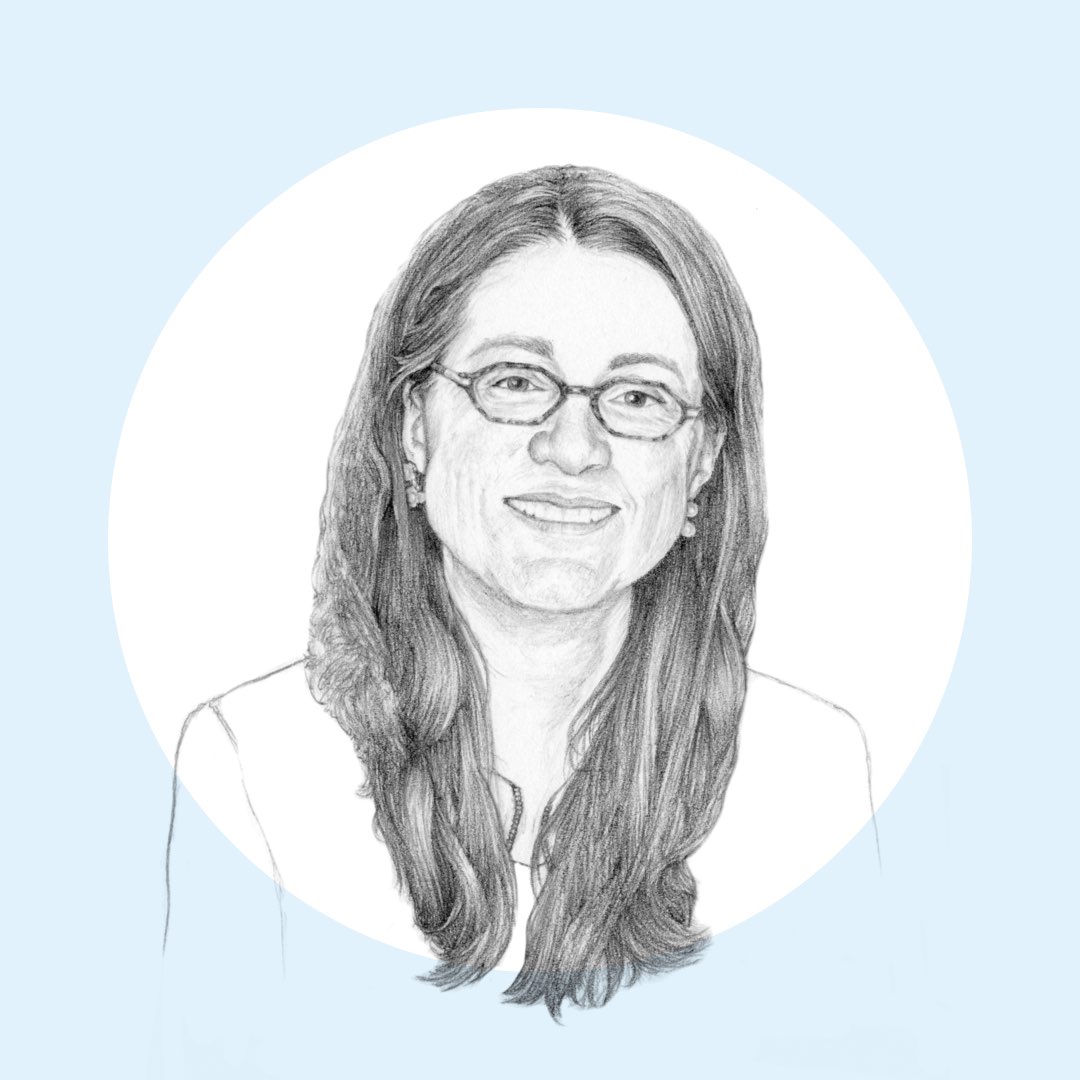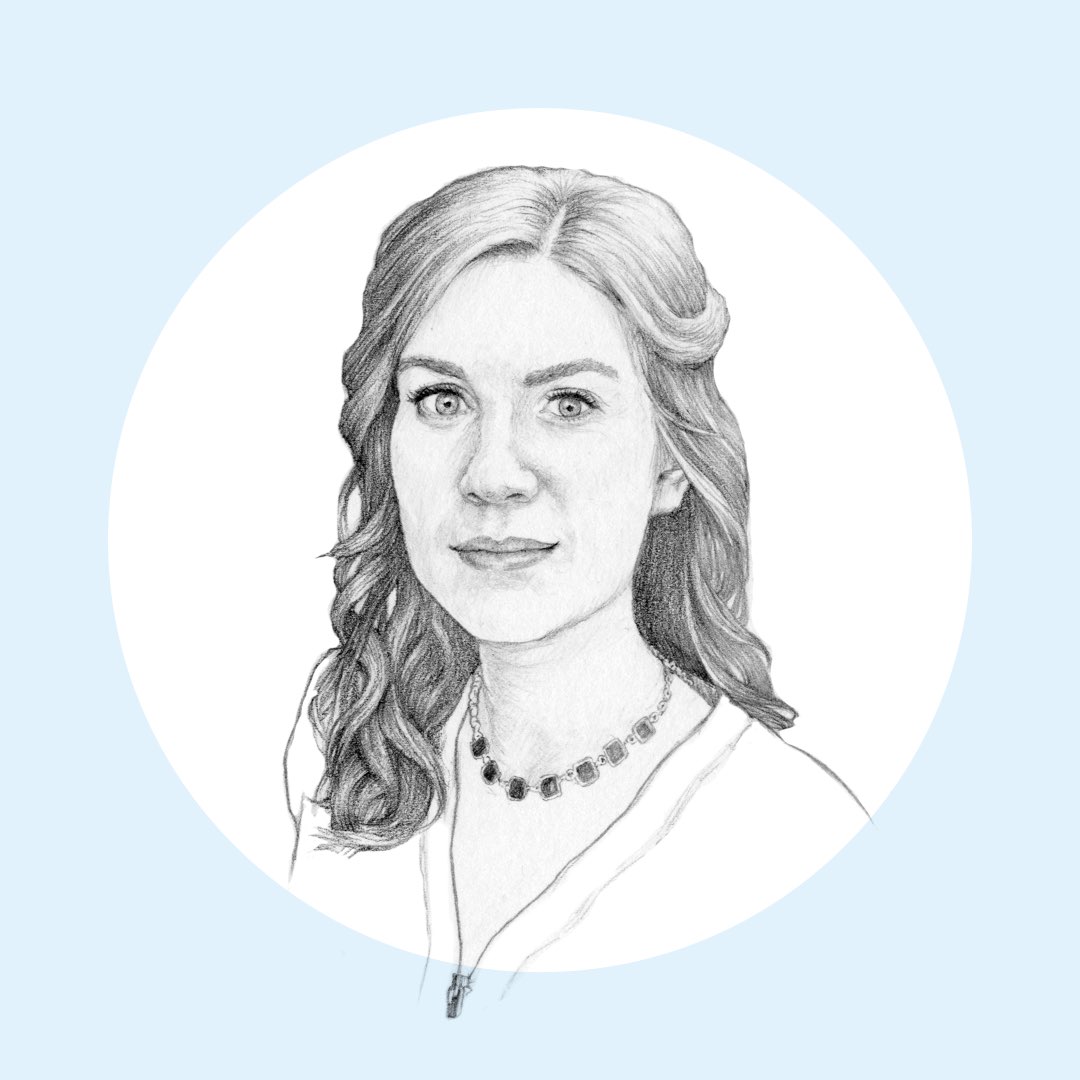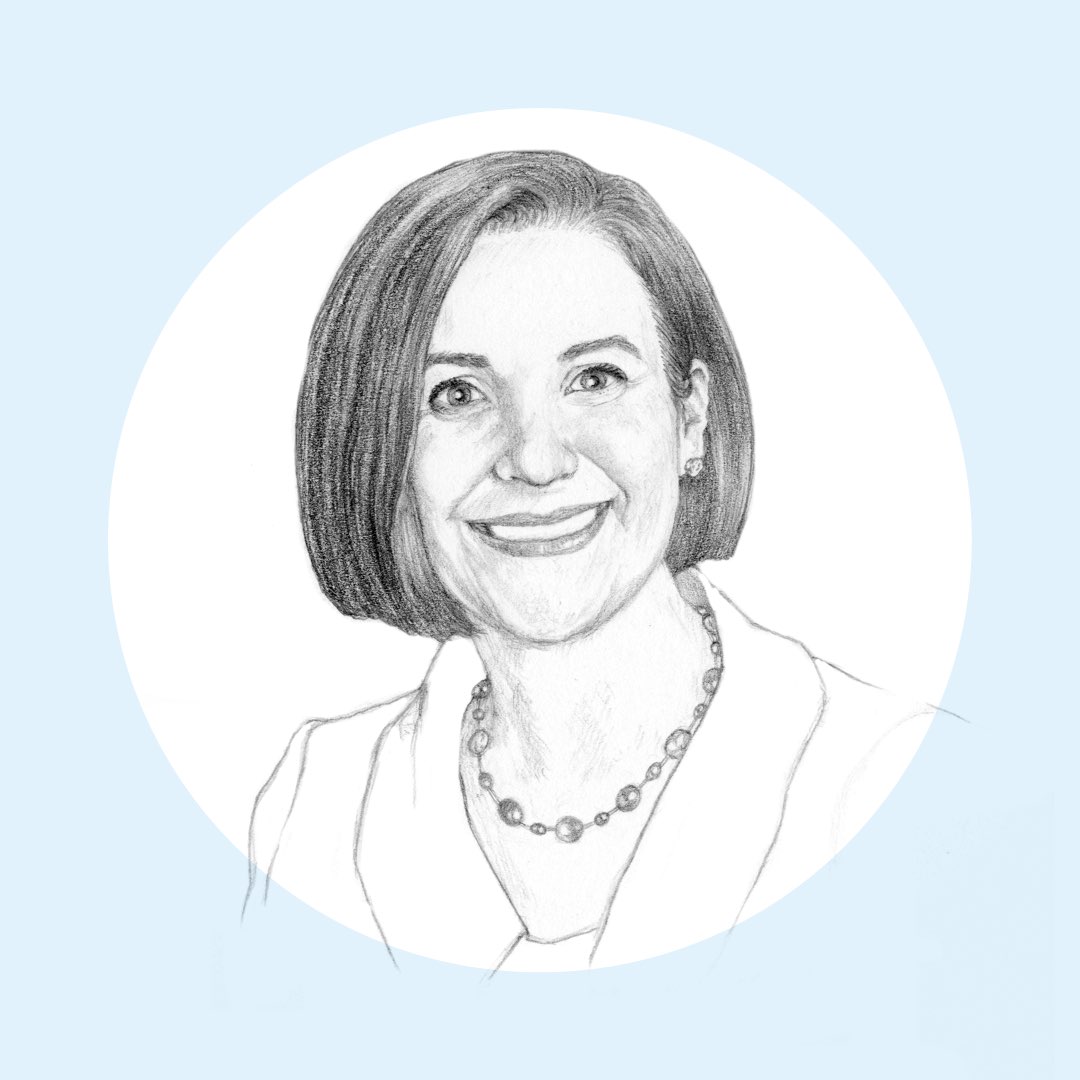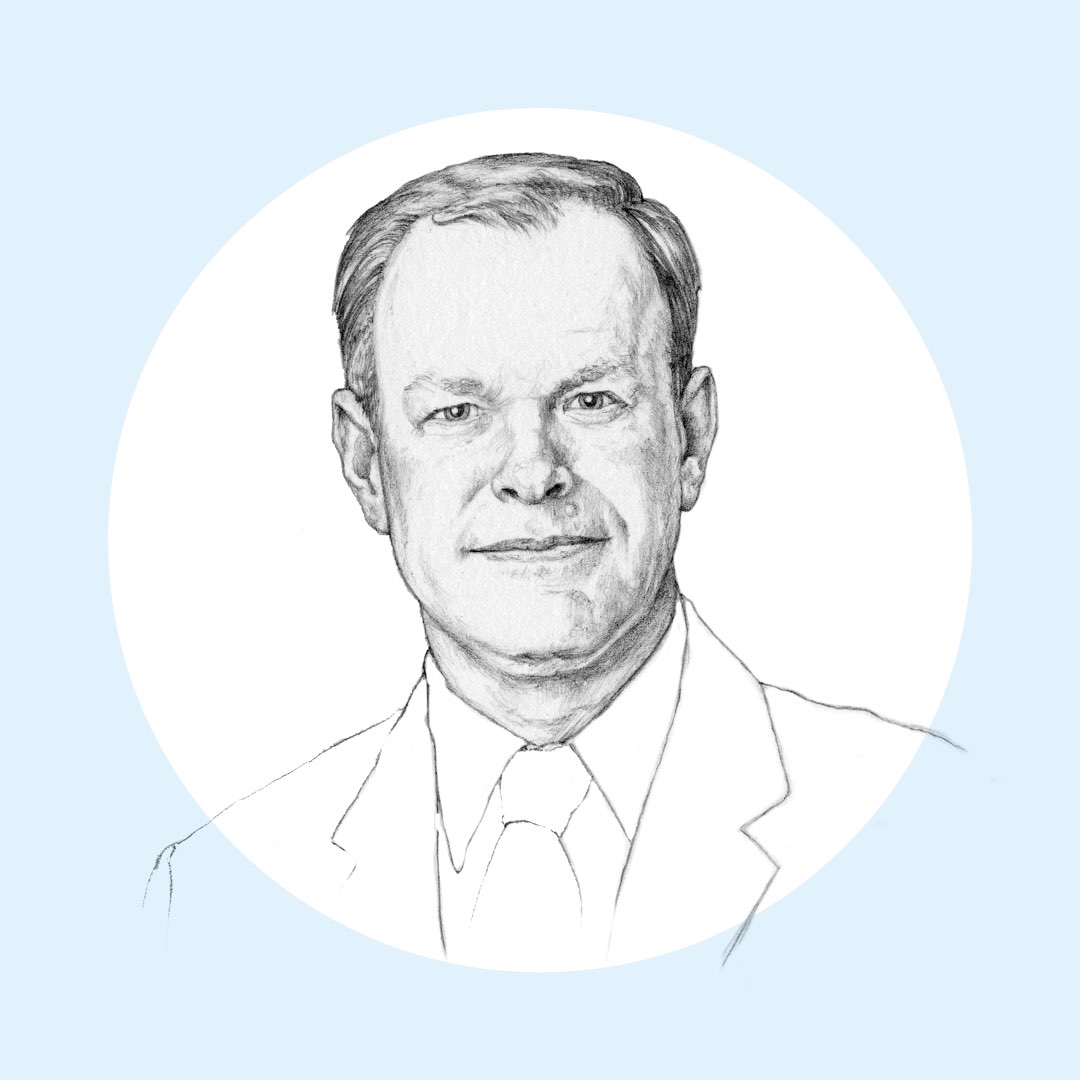“#MeToo is the third phase of dealing with sexual wrongs, harassment, or crimes. The first phase in the ’70s was giving this a name and recognizing that it’s a wrong. The next phase was getting the courts to accept it as claims, and I think #MeToo is about finally having accountability for what’s been going on. … You can’t say, ‘me, too,’ until someone said, ‘me.’ Someone has to be the person to come forward and say, ‘me.’ And what’s so powerful about our panel today is that we have that person who came forward and said, ‘me.’ ”



